Review for Hard Times
Every time I watch a Charles Bronson film I start out with the same, totally unfounded prejudices. For some reason, and I can’t fathom why, I have never taken him very seriously as an actor. Maybe it was that glut of ‘Death Wish’ films in his twilight years that did it. But whatever the case, once I sit down and watch one, I am invariably impressed. He’s a great actor – cool, understated and getting the maximum out of every look and line. A really charismatic screen presence. ‘Hard Times’, though more than merely a Bronson vehicle, is no exception and is thoroughly enjoyable.
‘Hard Times’ (aka ‘The Streetfighter’) didn’t set out to be a Bronson vehicle – far from it. First time director (but well established Hollywood screen-writer with ‘The Getaway’ already amongst his credits) Walter Hill wanted Jan Michael-Vincent and thought Bronson, by this time nudging his mid-fifties, was too old for the role. In some ways he might have been right. Bronson was well-weathered but in great physical shape. But the studio insisted and Hill, a novice in the directing chair, was in no position to argue.
The film is set in the Great Depression, a desperate time for many, where men were prepared to do anything for money; even bare knuckle fist-fighting where any level of physical violence was acceptable.
It’s a nicely paced film, never rushed, and beautifully realised and shot. From the outset, the contrast between fast-talking chancer, the appropriately named ‘Speed’ (played by James Coburn) and the almost silent, ever-laconic Chaney (Bronson) makes for a fun watch.
Chaney (Charles Bronson) bare-knuckle boxes to survive. He may be a bit old, but he’s good. Very good. Speed (James Coburn), an avid gambler down on his luck backing nothing but losers, sees Chaney in action and becomes his manager. Chaney, in need of cash, reluctantly agrees – understanding that he needs a hustler to set up the matches in order for him to make some bigger bucks. They hire a down-at-heel, ‘almost’ professional doctor to fix Bronson up after a fight (a ‘cut man’), named Poe (brilliantly played by Strother Martin) and then set about setting up some big fights.
Speed, who gambles away every penny he wins, borrows cash from local gangsters to bet big on Chaney’s fight. Chaney wins, but Speed gambles away his share, landing him in deep water with the hoods who have the loan.
A rival manager, Gandil (Michael McGuire), who has an unbeaten fighter on his books, buys Speed's debt and forces Chaney to fight Speed against his toughest foe yet. This time, Chaney is fighting for Speed’s life as well as his own.
There is some romance on the way too, of course, with Chaney meeting a beautiful young lady, down at heel and looking for a man. She is none too keen to begin with but his persistence, as well as his quiet manner, wins her over – but only until she find something better. Hard times indeed.
The fight scenes are fairly brutal but always exciting and Bronson cuts a fine figure throughout. Even more importantly, they remain authentically believable, to this fight novice anyway, a testament to great choreography and cinematography too.
Hill gives Bronson the space and time to deliver plenty of long, silent looks, somewhat like Clint Eastwood’s ‘silent man’, something that Bronson is very good at. For a novice director, he really does well at getting the pace just right throughout.
The high-definition transfer here is really top notch too – great image quality and detail throughout, despite an often-darkish hue in keeping with the poorly lit dives used for illegal fist-fights. Shot on location, for the most part, in Louisiana, Hill is on record saying that he relied heavily on cinematographer Philip Lathrop to help him make a decent movie – and he certainly did. It looks great.
Extra features are fun and informative and reveal Hill as a likable, relatively humble individual who is frank and informative. There are plenty of them too. The disc comes with new interviews with both Walter Hill, producer Lawrence Gordon, and composer, Barry DeVorzon – all presented separately. There are also audio excerpts from a 1984 interview with Walter Hill at the National Film Theatre, London which is an informative listen, although traces Hill’s career beyond just ‘Hard Times’.
The package also includes a trailer and a 20 page booklet featuring Pauline Kael’s original 1975 New Yorker review of the film, as well as some archival imagery.
All in all, whilst hardly a life-changing cinematic experience, this is a thoroughly entertaining film with a great cast, exquisite cinematography (showcased with a fantastic transfer) and enough contextual extras to satisfy even the most thorough student of Hill’s films. Recommended.
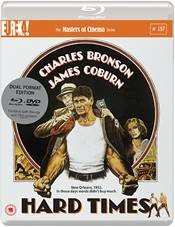
















































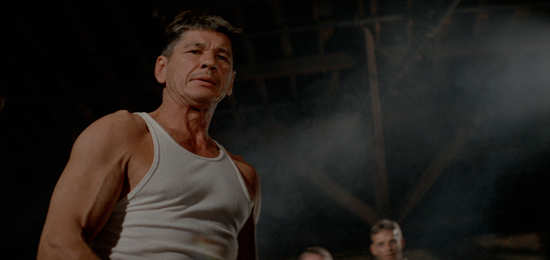
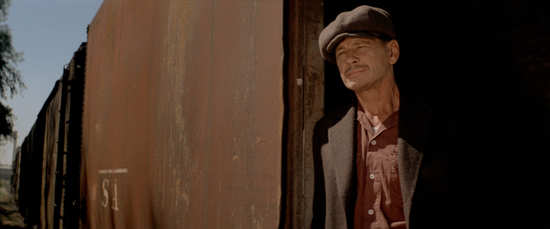
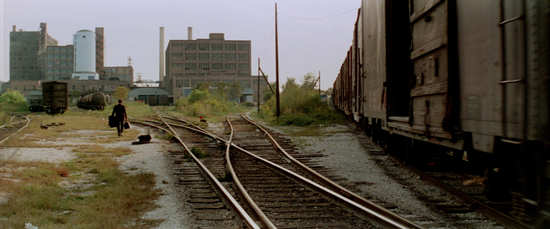
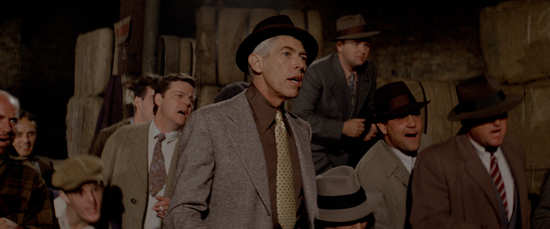
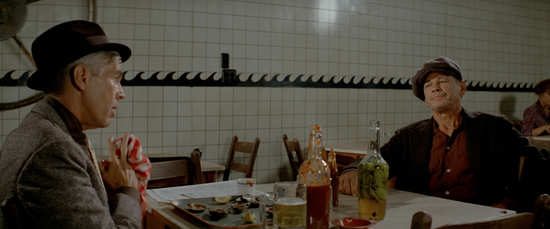
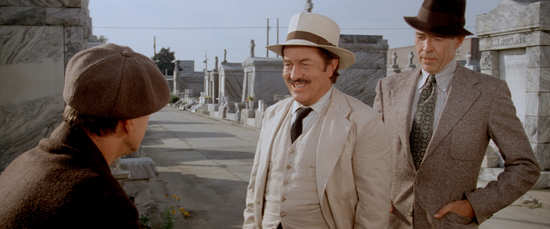
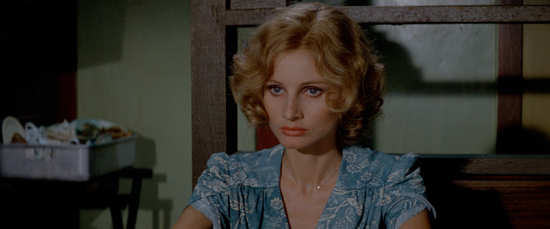
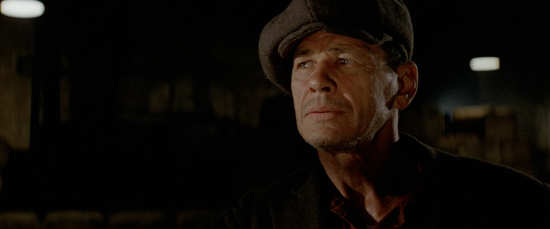
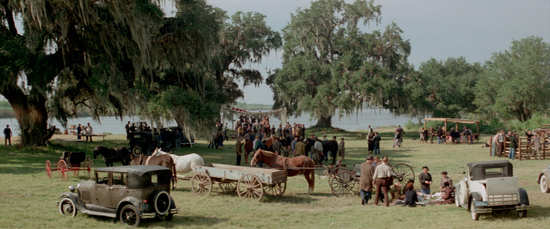
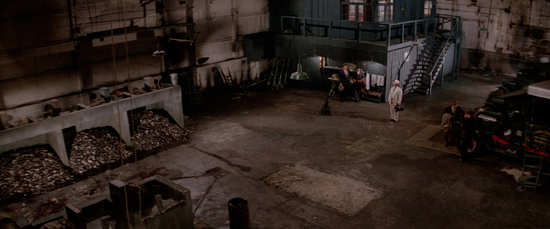
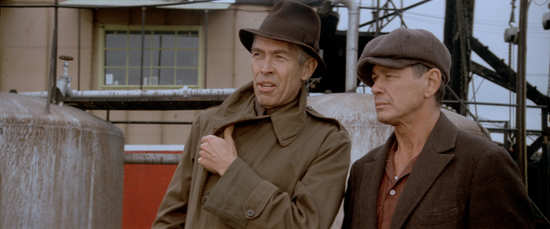
Your Opinions and Comments
Be the first to post a comment!